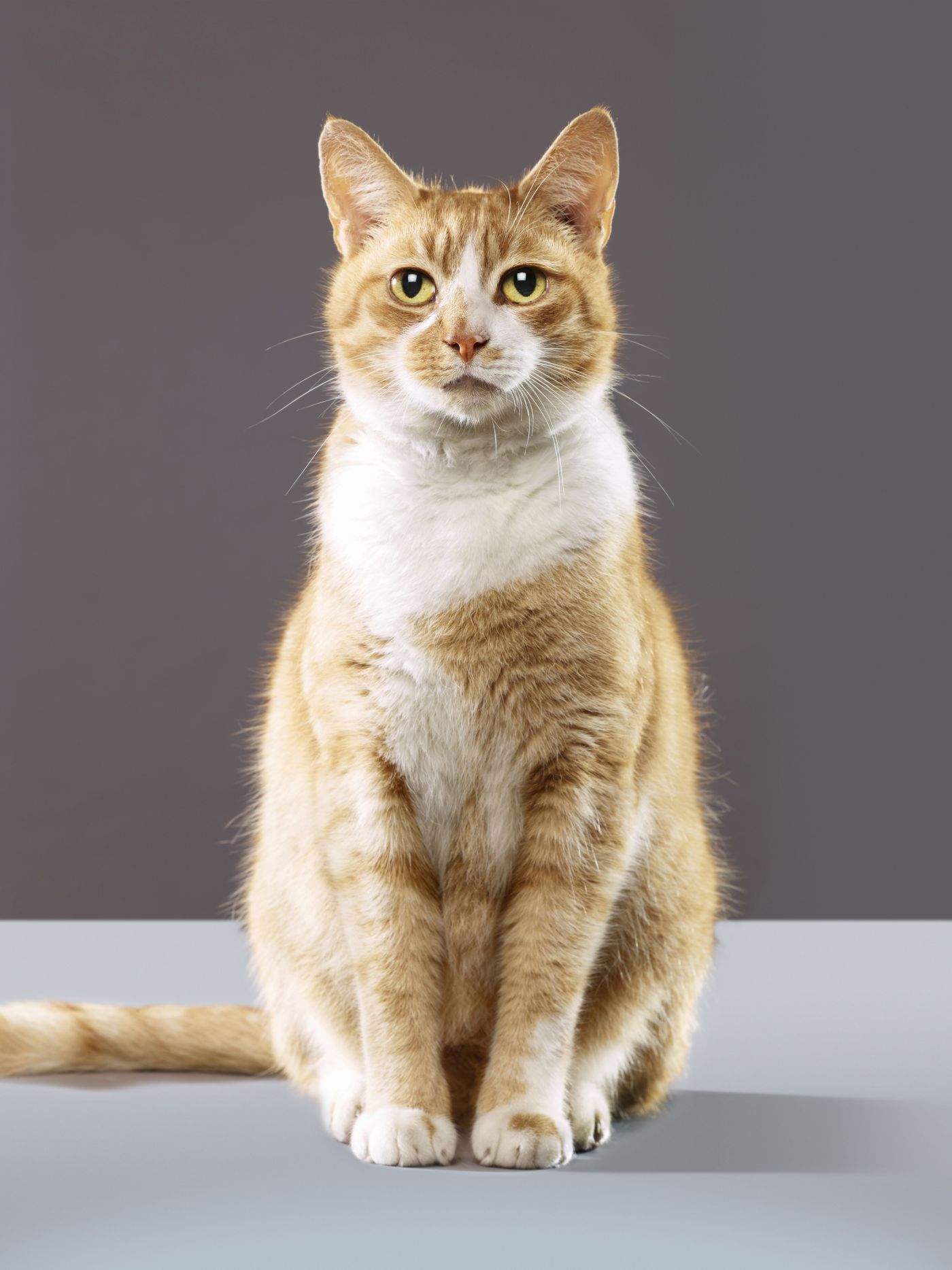
The end may be near for senior cat
Dear Dr. John,
My cat 19-year-old cat has been battling hyperthyroidism for a few years. More recently, she started to act differently and on routine blood work it was determined that her kidneys were starting to fail. My vet went over all of the options including dialysis with fluids to be given under the skin, dietary management with low protein, and more. Lately she has started to appear more disoriented and weaker at times. She has also vomited and had a few days of lacking an appetite. What are the signs that she is coming to the end of the road? I don’t want her to suffer at all and want her to die with dignity. N.E.
Dear N.E.,
It sounds as if you have done a lot in caring for your cat. The changes that you have witnessed are not uncommon and chronic renal failure is one of the more common old age maladies that affects cats. Hyperthyroidism is another. I don’t know if you have started to give subcutaneous fluids as you mentioned but flushing the kidneys and the blood by doing so can extend the life of the cat. Inevitably, once kidney deterioration begins in an old cat, it is not likely that normal kidney function will ever return.
As for the clinical signs to look for, there are several. You mentioned a few of these such as inappetence, disorientation, and weakness. Vomiting may also occur as well as diarrhea, hiding in the home, pacing aimlessly, weight loss, sunken eyes, and even increased thirst initially before it shuts down. I also typically note that cats find corners to walk into and head press against the walls on both sides to find stability as they might be dizzy and nauseous. When any of these signs appear, have your veterinarian reevaluate your cat. Bloodwork will give a good clue as to where things stand and what, if anything, might be done for her. The two main values that are looked at for increases are BUN and creatinine and in cases of advanced renal failure, the phosphorous can also become elevated. I know that you will do the right thing when the time comes.
Dr. John de Jong is President of the World Veterinary Association. He owns and operates the Boston Mobile Veterinary Clinic and can be reached at 781-899-9994.


